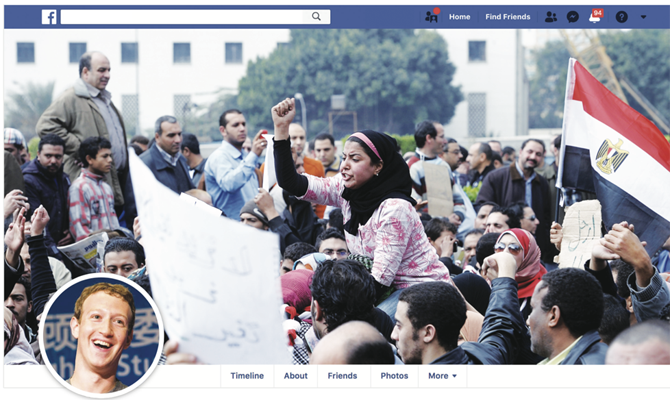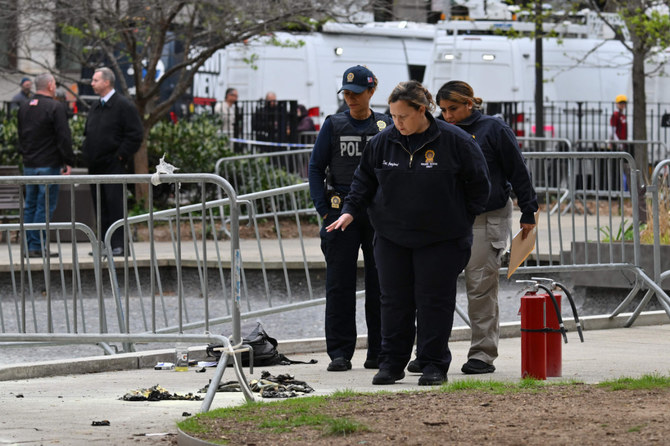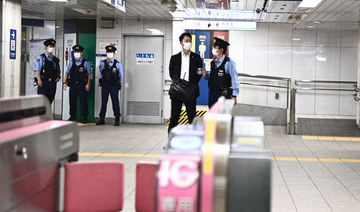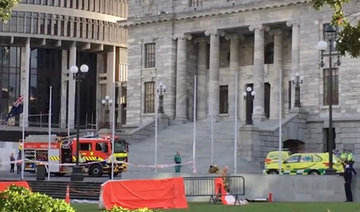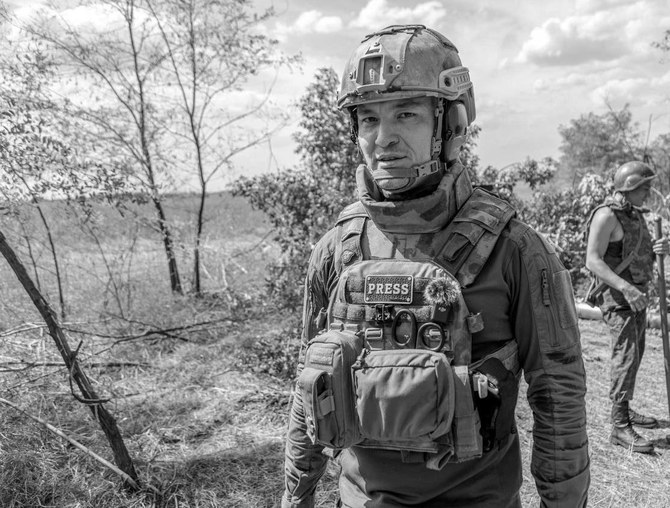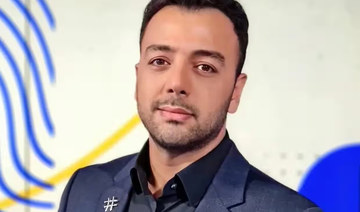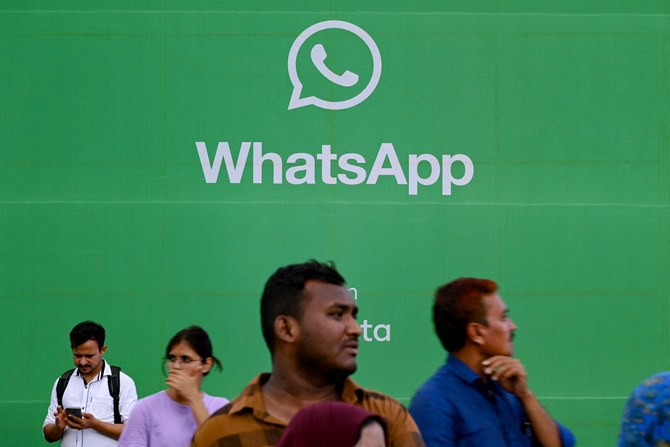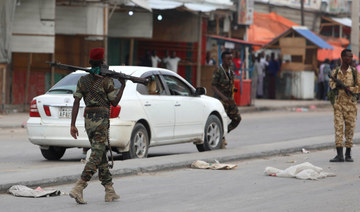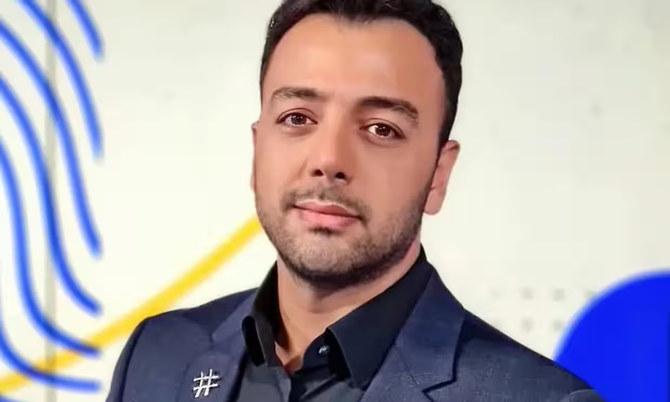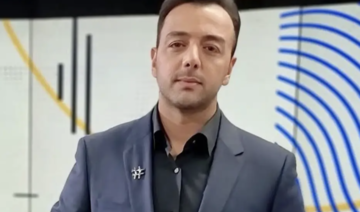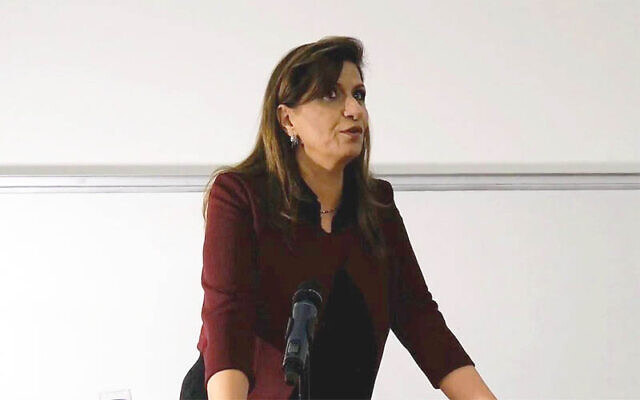DUBAI: People throughout the Middle East joined the world in musing about Facebook, and about all the ways it has changed their lives both personally and politically, as it turned 15 this week.
But the social networking site really took off in the region a few years after its launch on Feb. 4, 2004, by a group of American university students.
In September 2006, Facebook launched worldwide to everyone above the age of 13 with a valid email address, and it was not until March 10, 2009, that it began running in Arabic.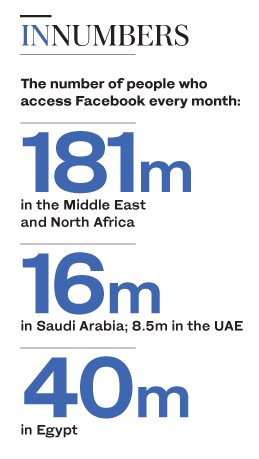
On Jan. 25, 2011, hundreds of thousands of Egyptians gathered in Cairo’s Tahrir Square, calling on President Hosni Mubarak to step down after almost 30 years in power.
Facebook was credited with bringing all these people from across the country to one location at a specific time.
“Facebook was pivotal during the 11 days of protest, hence the internet had to be shut down by the authorities,” said A. Al-Saidy, who protested in Tahrir Square at the time.
“Many activists shared videos on Facebook, calling for people to come down and join. When the day came, no one thought a Facebook page could mobilize all those people.”

Al-Saidy was a follower of the page “We Are All Khaled Said,” an homage to a 29-year-old who was tortured to death by police, which is credited with being one of the catalysts that touched off the protests.
It garnered more than 100,000 followers in just three days, becoming the most followed page on Facebook in the Arab world at the time.
Egypt was not the only country where Facebook played a role in the Arab Spring. Pages were created for protests in Tunisia, Syria and other Arab countries, leading to the coining of the phrase “social media revolution.” It is for this reason that countries such as China, Iran and North Korea have completely blocked access to Facebook.
The site has also been used in the Middle East for less disruptive political purposes. During Lebanon’s municipal and parliamentary elections in 2016 and 2018, independent civil society groups used Facebook to promote and advertise their campaigns. 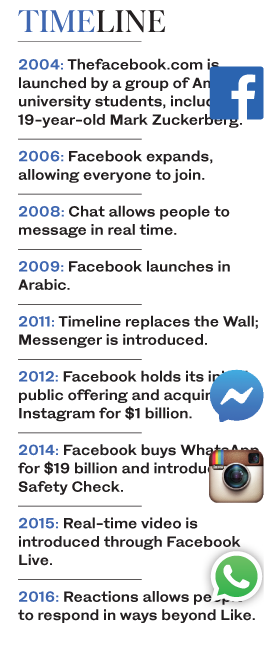
Regardless of its purpose, its popularity is still undeniable. Facebook has 2.32 billion monthly active users, with 181 million in the Middle East and North Africa (MENA), and 16 million in Saudi Arabia.
“We celebrate and encourage these meaningful connections like bonding over a common interest and helping local businesses thrive. Our goal is to drive positive social and economic impact across the country (Saudi Arabia),” a Facebook spokesperson told Arab News.
The platform specifically catered to audiences in Saudi Arabia and the Muslim world in 2018, the spokesperson said, adding: “We connected Saudi Arabia to the rest of the world during Hajj last year, where millions of people across the world were able to view a live Facebook broadcast of the Taraweeh prayers through the use of 360-degree video technology, in partnership with Arab News.”While other platforms, such as WhatsApp and Instagram, may have gained in popularity, Facebook now owns those too.
“The MENA region is one of Instagram’s fastest-growing and most vibrant communities, and we’re committed to providing the right tools for local users to connect and share experiences with one another,” the spokesperson said.
That is similar to Facebook’s original purpose. “Our job at Facebook is to help people make the greatest positive impact, while mitigating areas where technology and social media can contribute to divisiveness and isolation. Giving people a voice is a principle our community has been committed to since we began.”


